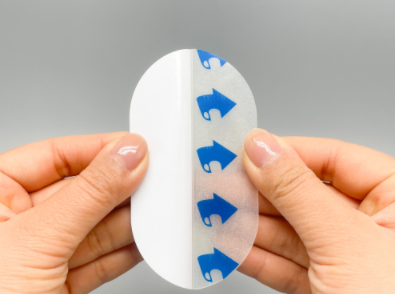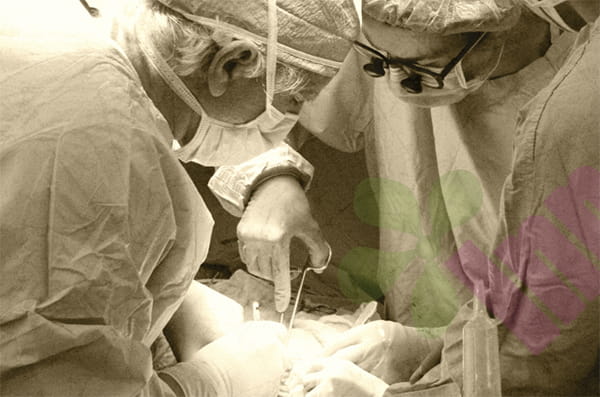Various lifestyle factors are closely related to wound healing. This article takes an in-depth look at how you can improve wound healing through lifestyle modifications and provides important information about the risk factors and options for managing chronic wounds.
Does diet have an impact on wound healing?
Diet plays an important role in wound healing. A balanced diet helps maintain skin health and promotes the wound-healing process. Ensuring adequate intake of vitamins A, B, C, and E, iron and zinc, as well as protein and carbohydrates are key to wound healing. Especially for people over 70, nutritional supplements such as those containing protein, iron, zinc, and vitamin C can significantly improve cognitive status and wound healing.
What environment is more conducive to wound healing?
Proper dressing is also essential when treating wounds. While some may believe that exposing a wound to air is better for healing, in fact, using appropriate dressings can create a more ideal environment for the wound to heal. This environment can maintain warmth and moisture, maintaining the temperature at about 37°C, and keeping the wound moist but not soggy. In some special cases, your doctor may recommend keeping the wound open or choosing other treatment options.
Does smoking affect wound healing?
Another important factor affecting wound healing is smoking. Smoking reduces the amount of oxygen reaching the wound, affects the healing process, and may leave behind poor quality scar tissue. Therefore, if you have a wound, you should consider quitting smoking temporarily and seek medical advice. As for drinking, excessive drinking may have a negative impact on wound healing. Therefore, if you have a wound, it is best to limit the amount of alcohol you drink or seek medical advice.
What measures should be taken to prevent infection of a closed wound?
If it is a superficial wound, it is recommended to adapt to hydrocolloid dressing, which can provide a closed and slightly acidic environment for the wound that is conducive to wound healing and promotes wound healing. At the same time, hydrocolloids can also protect wounds and prevent the invasion of external bacteria. Therefore, for wounds that have been closed, we can use hydrocolloid dressings to prevent infection.
In addition, some special hygiene precautions are necessary. It is very important to keep your hands clean when changing wound dressings. You can use an alcohol-based hand sanitizer or simply wash your hands with soap and water, both of which are effective ways to reduce the risk of bacterial infection. If you have difficulty following these precautions or if you have any questions about special hygiene precautions, you can seek help from your clinician.
For more information on Innomed®Hydrocolloid Dressing, Refer to the Previous Articles. If you have customized needs, you are welcome to contact us; You Wholeheartedly. At longterm medical, we transform this data by Innovating and Developing Products that Make Life Life easier for those who need loving care.
Editor: kiki Jia
Date: January 19, 2024

 English
English عربى
عربى Español
Español русский
русский 中文简体
中文简体








